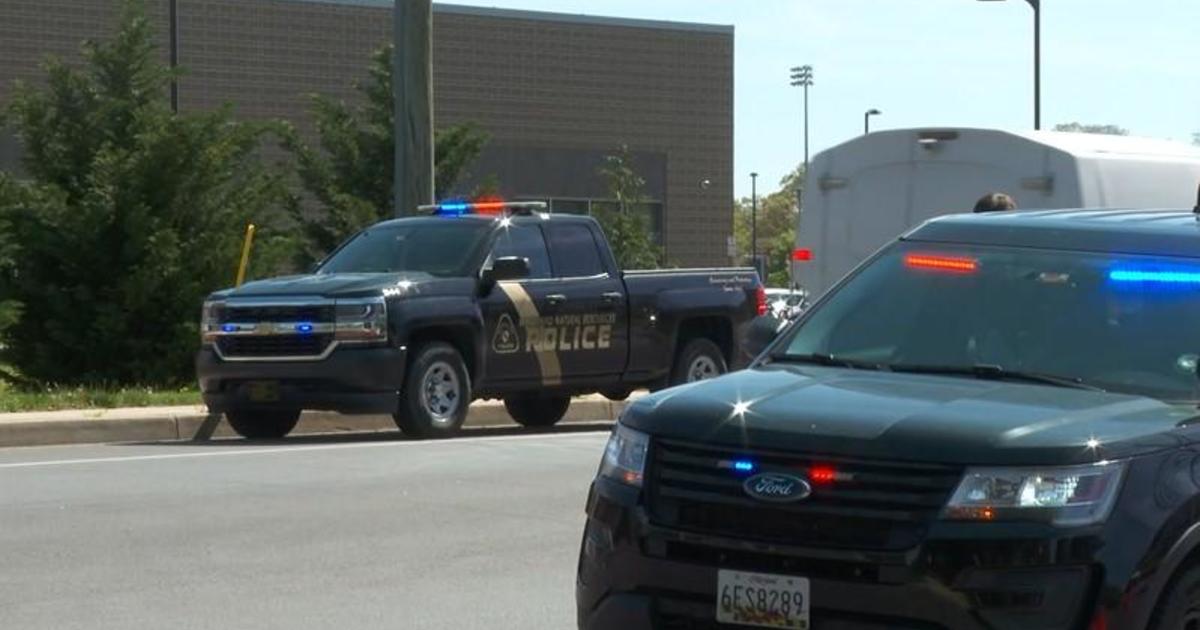Compromises Fail On Several High-Profile Md. Bills
ANNAPOLIS, Md. (AP) -- Lawmakers' plans to allow shielding of certain criminal records and reform Maryland's bail system were lost in the shuffle of the legislative session's final days.
At least a few measures that pass both chambers generally die when the House and Senate disagree on details. That was also the fate of this year's effort to increase tax credits for film projects to at least $11 million annually.
Measures to secure Holocaust reparations, legalize marijuana, heighten penalties for hazing, require employers to provide sick leave, and allow higher speed limits also failed this year.
However, most of these still have a shot at approval next year. Sometimes bills pass after the legislature considers them for three or four consecutive years.
The shielding bill would have allowed people convicted of certain nonviolent misdemeanors to have those criminal records blocked from public view.
Attorney General Doug Gansler said it would help reduce Maryland's prison re-entry rate by making it easier for ex-convicts to get jobs.
He cited Michigan's example, where laws aimed at helping ex-convicts led to a 28-percent drop in the state's re-entry rate.
Skeptics said misdemeanor records could sometimes be material to prospective employers: for instance, when someone applying for convenience store job had an old conviction for petty theft.
Both chambers passed the bill, but the House amended it to keep shielded records accessible at court houses and only block them from the state's online database. The Senate wouldn't accept this change.
Meanwhile, committees in the House and Senate decided not to advance a bill related to Holocaust reparations. It would have prohibited SNCF, a rail company owned by the French government, from bidding on state rail projects unless SNCF compensated people who were taken on its trains to Nazi concentration camps.
The bill would have jeopardized at least $1.8 million in federal funding that Maryland is depending on. Further, the federal government is trying independently to secure reparations for these Holocaust victims.
The legislature also failed to compromise on a bill reforming Maryland's bail process.
The Senate voted to have pretrial workers apply a formula to determine whether each defendant should be jailed or incarcerated upon arrest. The formula would have used factors like criminal history to predict whether the defendant was likely to commit further crimes.
The House voted to test this system one or two counties and wait three years before deciding whether to use it statewide.
Sen. Brian Frosh, a key sponsor, said Monday the House's proposal came in too late for the Senate to consider it. However, Gov. Martin O'Malley said he may issue an executive order to start a pilot program, as the House wanted.
A proposal to legalize marijuana died in House and Senate committees, but the legislature voted to impose fines instead of criminal charges for small amounts of pot possession.
A bill requiring employers to provide sick leave never received a vote. The Senate Finance Committee chairman said it would have overburdened businesses this year, alongside the minimum wage hike, but he hopes it passes eventually.
Other bills that died in both chambers include one that would have banned foreclosures for six months and another that would have raised the cigarette tax by $1 per pack.
A measure to impose a $5,000 fine and jail time for college hazing died in a House committee after the Senate passed it.
A Senate committee declined to vote on a bill allowing 70-mph speed limits on expressways and interstate highways, up from 65 mph, though it passed the House unanimously. The Senate committee chairman said it would lead to more deaths and minimal benefit.
(Copyright 2013 by The Associated Press. All Rights Reserved.)



